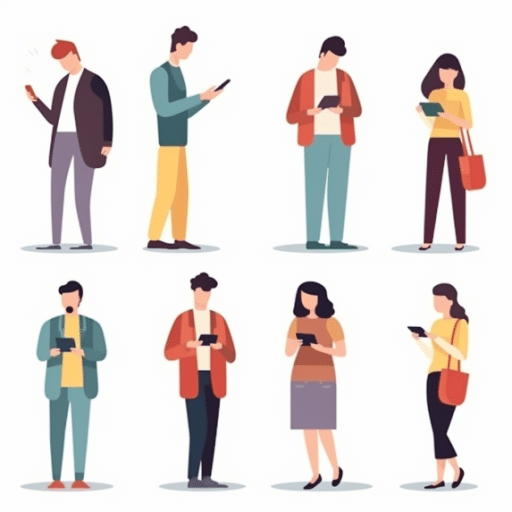It was good to be featured in this month’s edition of the Kenyan Institute of Management Magazine.
The whole magazine is available here , with my article on pages 40 and 41.
For simplicity and ease, I have copied the article below.
The technology/e-commerce focused Nasdaq has hit record highs. Many online businesses, large and small, are growing, whilst traditional businesses struggle.
Is this just a phase? How much will the world change after covid for businesses? Of course, nobody knows for sure, and past predictions show how difficult it is to predict the future.
After 9/11, many people assumed the airlines and travel would never recover. In the subsequent years, inbound tourism has been one of the fastest growing industries in the world.
Emails were supposedly going to be the death of letters. Amazon was supposedly going to kill the traditional books. In recent years, physical book sales have gone up.
However, there is reason to believe that we will see real change this time. The biggest reason for that is that the world was already moving towards a digital economy from a analogue one for years.
The internet started in the mid 1990s, but it was only in the 2000s and 2010s that people started to do “everything online”.

Despite that, there was a number of people who still didn’t buy into the online trend, and instead preferred old-fashioned business techniques.
Many of these traditional business norms were based on falsehoods. The idea that face-to-face business interaction leads to better outcomes for the consumer or business simply isn’t true.
In his book Talking to Strangers: What We Should Know about the People We Don’t Know, Malcolm Gladwell made the astute point that people who knew the least about Hitler (and not only Winston Churchill) never met him and often didn’t even speak German.
Most people that met Hitler dismissed these worries. The reason? When we meet people in person, we are more likely to allow our emotions of liking or disliking somebody to influence our decisions.
I far prefer using the e-gates at airports rather than having a human “cross examine me” about the number of days I will be staying, but few airports have them.
I far prefer having a machine take my orders in a restaurant, rather than a human pressuring me for a tip, but the majority of restaurants didn’t have them.
100% of my business was done remotely before covid. I noticed a clear commonality. The consumer out there has adapted more than the businesses dealing with them.
When I am looking for legal or other services, the last thing I want to do is meet somebody in their offices. I just Google and don’t care about any form of established business norms.
Many people out there, me included, even prefer just doing things by voice message, call or email rather than video conference technology.

The perhaps uncomfortably truth is that technology has gotten bigger, in part, because we increasingly find interacting with each other uncomfortable unless we highly trust the person.
Businesses need to adapt to changing consumer preferences which existed even before coronavirus struck. We have merely pressed the fast forward button. The “new normal” is merely a normal we would have faced anyway come 2025 or 2030.
Nobody can predict the future. However, I highly suspect we will see a number of trends. Firstly, less in-person human interaction.
Second, a declining trust towards “traditional business authority”. In the same way that the electorate in America didn’t care about Trump’s lack of political experience or qualifications in 2016, people increasingly care little for the views of regulators, educational authorities and governments.
The average millennium is more likely to be moved by their favourite influencer or celebrity than any of the aforementioned bodies.
Third, we are likely to see rising calls for increased taxes on the wealthy and maybe even the general population, with Saudi Arabia already announcing a tripling of their VAT rate.
Lastly, we are likely to see a more unequal world. Those that take advantage of these trends will scale their businesses and wealth, and those that fail to adapt will trend water.
The individual investor, business and individual needs to be prepared to adapt to thrive in the new world.



